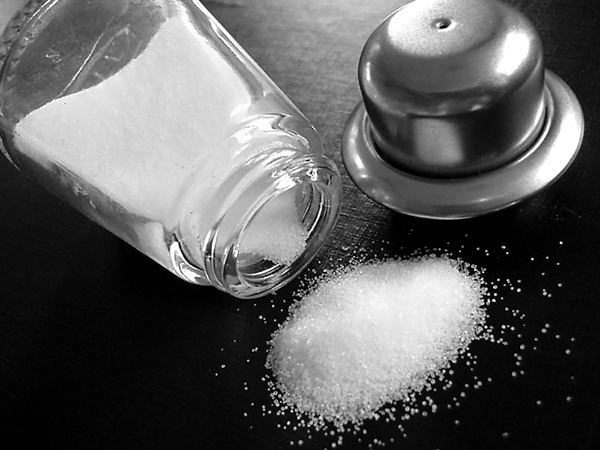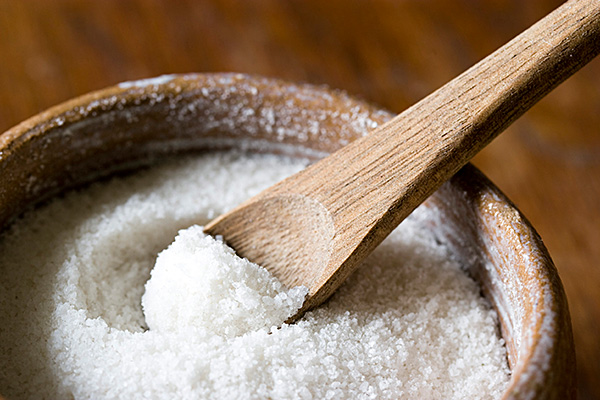This article highlights three important things about salt that every woman should know about. It is not needed to limit the daily dose of salt as much as you can. Salt has been a long time an essential ingredient in the daily diet of humans, but eventually it came to a single advice: eat as little salt as you can (sodium chloride). Of course, this is easier to say and harder to do.
On average, adults consume 3463 milligrams of sodium per day – 50% more than the maximum recommended dose, which is 2,300 milligrams for adults aged up to 50 years – and two times more than the recommended 1,500 milligrams for the rest of the adult population (including people over 50 years, patients with diabetes, hypertension and people with kidney problems).
However, a recent shocking report from the Institute of Medicine (IOM) concludes that the U.S. limit of 1,500 milligrams of salt a day is not necessarily a good habit. Here are some things you should know:
There’s no need to take it easy about salt
No data or information proves that reducing the amount of salt from 2300 milligrams provides better outcomes in terms of health, says representatives of the American Institution. The report analyzed 34 studies and 4 clinical studies – tracking the health of people who consumed different amounts of salt over a period of up to 18 years. The conclusion: There is not sufficient evidence to show that people – even those in high risk groups – who consume less than 2,300 milligrams of salt per day, have fewer heart attacks or strokes risk than those who consume higher amounts the salt.
Diets low in salt may even be harmful
Many women forget that sodium is an essential nutrient that serves a variety of body functions: salt helps control heart rate and helps to transmit signals to the brain. Too little salt could cause health risks that you may not have expected.
A 2011 study that followed 28,880 people suffering from cardiovascular disease and diabetes showed that those who consumed less than 2,000 milligrams of salt per day, were 37% more likely to die from heart disease compared with those who consumed between 4,000 and 6,000 milligrams of salt. As salt intake decreases, cholesterol and fat levels from blood may increase, and this leads to cardiovascular problems.
Influence on blood pressure
For years, studies have repeatedly shown that a diet low in sodium can lower blood pressure, but the findings of the report of the American Institute of Medicine (IOM) have looked beyond known risk factors. “No one disputes the fact that reducing the amount of salt has a modest positive effect on blood pressure. However, this benefit alone can not make the consequences, including high cholesterol and insulin resistance that can come when fully excluding salt from our diet” explains Dr. Michael Alderman, professor emeritus at the Albert Einstein College of Medicine.

